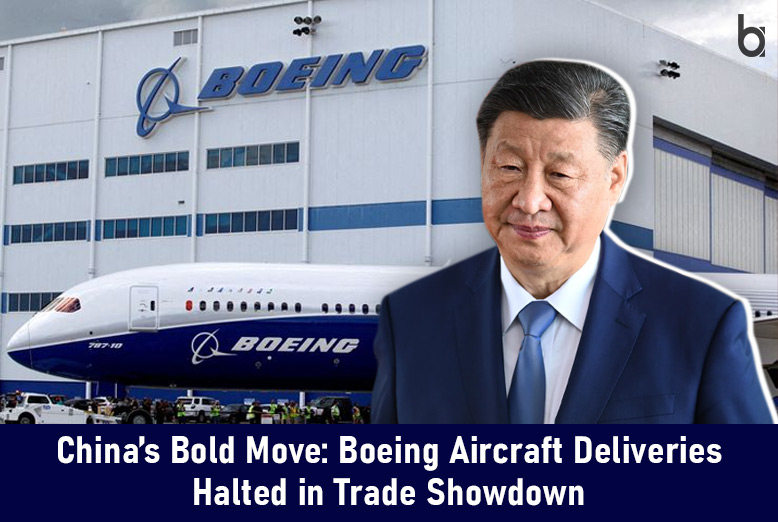In the fast-paced landscape of contemporary business, the importance of fostering a positive work environment cannot be overstated. One of the key elements that contribute to a thriving workplace culture is the power of employee recognition. This article explores how embracing and implementing effective employee appreciation strategies can lead to a transformative shift in your organisation.
Acknowledging Contributions: A Catalyst for Motivation
Recognition serves as a powerful catalyst for motivating employees. When individuals feel seen and appreciated for their contributions, it ignites a sense of purpose and dedication. This acknowledgment goes beyond mere validation; it reinforces the idea that each team member plays a vital role in the collective success of the organisation.
Boosting Morale and Job Satisfaction
A workplace that values recognition is inherently conducive to higher morale and job satisfaction. When employees are regularly acknowledged for their hard work and achievements, it creates a positive atmosphere that resonates throughout the organisation. High morale is linked to increased productivity and a more collaborative working environment. Platforms like https://www.power2motivate.com.au/ offer innovative ways to integrate employee recognition seamlessly into your organisation’s culture, further boosting morale and satisfaction.
Fostering a Culture of Appreciation
Building a culture of appreciation involves weaving recognition into the fabric of daily operations. Managers and team leaders can lead by example, consistently acknowledging the efforts of their team members. Whether through public praise during meetings or personalised notes of gratitude, these gestures contribute to a culture where appreciation is woven into the daily routine.
Tailoring Recognition to Individual Preferences
Recognising the diversity of preferences among employees is essential for effective appreciation. While some may thrive on public acknowledgment, others may prefer a more private form of recognition. Understanding these nuances and tailoring acknowledgment to individual preferences ensures that the gesture resonates genuinely with each team member.
Tangible and Intangible Rewards: Finding the Right Balance
Recognition doesn’t always have to come in the form of tangible rewards. While bonuses and incentives are appreciated, intangible forms of acknowledgment, such as public praise or opportunities for professional development, can be equally impactful. Striking the right balance between tangible and intangible rewards ensures a comprehensive approach to employee appreciation.
Increasing Employee Engagement
Employee engagement is a cornerstone of organisational success. Recognition acts as a powerful driver for increased engagement by creating a sense of belonging and loyalty. Engaged employees are more likely to invest discretionary effort into their work, leading to improved overall performance and a heightened sense of commitment to organisational goals.
The Ripple Effect: Improved Team Dynamics
The positive effects of recognition extend beyond the individual, influencing team dynamics as a whole. When team members witness their peers being acknowledged, it fosters a collaborative spirit and a shared commitment to success. This ripple effect contributes to a more cohesive and harmonious work environment.
Measuring the Impact: Employee Surveys and Feedback
Organisations can employ employee surveys and feedback mechanisms to gauge the effectiveness of recognition efforts. Regularly seeking input from team members provides valuable insights into what forms of acknowledgment resonate most with the workforce. This data-driven approach allows organisations to refine and optimise their employee appreciation strategies.
Conclusion:
In conclusion, the power of recognition in the workplace cannot be underestimated. It can transform organisational culture, boost morale, and enhance overall productivity. By fostering a culture of appreciation tailored to individual preferences and incorporating a thoughtful balance of tangible and intangible rewards, organisations can unlock the full potential of their workforce. Recognising the contributions of employees is not merely a nicety; it is a strategic imperative that fuels sustained success and growth.















